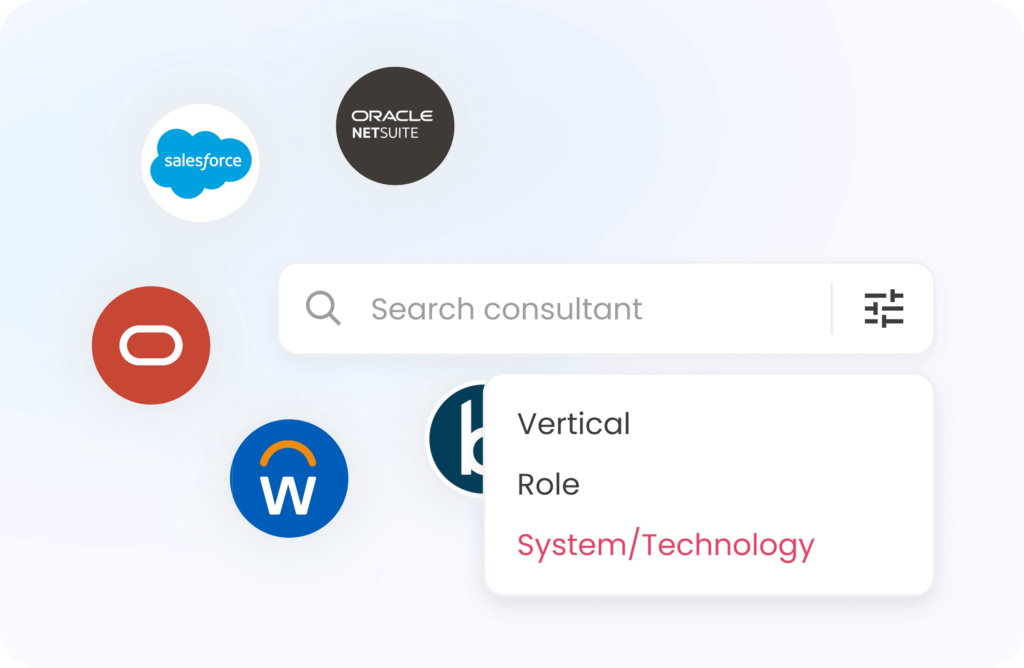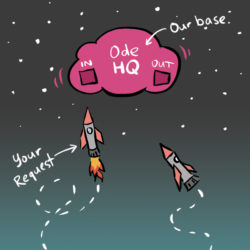Too many independent workers have been forced to lower their pay rates in order to remain competitive on major freelancing platforms.
OdeCloud’s Founder and CEO, Osar Iyamu, shares how the OdeCloud platform aims to alleviate this issue.
With regards to the Freelance Economy and its new generation of workers, the OdeCloud platform is on a mission to truly deliver on the promises of being one’s own boss. As it stands right now, current platforms are unable to deliver on that promise due to one simple truth:
The market they’ve created is primarily determined by who is willing to do a single job for the least amount of money.
Far too often do freelancers lower their rates to remain competitive in their respective fields, sometimes choosing to drop their individual value far below minimum wage. For some, they have little choice other than to face unemployment, so they drop their rates in hopes of attracting a company that can afford to take a long-term chance on them in the future.
In many other cases, some jobs are just too complex to be paid by the hour. Say, for example, a client is offering $100 per hour to build a high-quality site. “Developer A” is a highly-skilled and efficient web developer with years of experience, while “Developer B” is a hobbyist who thought freelancing on the side would be a good source of disposable income.
If Dev A takes an hour to build a site, while Dev B takes roughly 10 hours to develop that same exact site, then what exactly justifies Dev B making 10 times more than Dev A for the same quality work?
OdeCloud is working to tackle the more challenging issue of bringing high-quality value to all independent workers, regardless of their level of expertise. We’re designing a better platform to (1) help organize and distribute unique expertise in niche markets, and (2) to provide proportionate value to all freelancers.
While it is relatively easy to create a freelance platform that solves simple First World problems like getting a ride, getting food delivered or booking a dog sitter, a platform such as Upwork, which requires a higher degree of expertise, can sometimes suffer from vague, generic job postings and low value work.
 As an example, a number of NetSuite consultants I’ve spoken to about taking on jobs from Upwork often find themselves having to lower their rates to land some gigs.
As an example, a number of NetSuite consultants I’ve spoken to about taking on jobs from Upwork often find themselves having to lower their rates to land some gigs.
What if the rates of freelancing services (like NetSuite services) drop down so low that these independent experts are forced to work a 60-hour week — all just to make as much as a company’s entry-level, internal NetSuite Admin?
Wouldn’t these independent workers just withdraw back to their previous situation as full-time, conventional employees?
On the other end of the Upwork platform, midsize companies either settle for the cheapest labor possible — which, most of the time, results in low quality work — or, they offer only the lowest priority tasks and least strategic assignments to minimize the risk of losing organizational knowledge to external contractors.
Simply put, the aforementioned issues almost always result in independent experts dropping their rates for suboptimal gigs, a practice that could eventually prove detrimental to the overall growth of the Freelance Economy.
OdeCloud has a simple solution: a subscription model that asks clients to pay a fixed, monthly fee to gain access to our community of experts. That monthly fee is then used to help pay our experts on a flat, monthly basis, thereby eliminating the competitive issue with hourly rates in the current freelancing market.
Furthermore, what I’ve discovered in analyzing current freelancing platforms is there’s no intrinsic value behind the platform itself. For platforms like Lyft, Uber or Postmates, the value is solely driven by the external social economy context, while platforms like Upwork might also address customer access.
This is exactly the reason why it is not very difficult to hire a consultant on Upwork for a small gig, then bypass the platform in order to work on future gigs directly with that same consultant. There is nothing Upwork can do about that. Same for Uber drivers. If tomorrow it pays more to drive to drop-off Amazon packages, they would easily move over to Amazon to start delivering packages.
OdeCloud differs from platforms such as Upwork and Fiverr in that we’re not just building a platform — we’re building a community.
…but more on that in our post next Monday.
Bonjour! And once again, thanks for reading.![]()
As mentioned above, our next post will go over what exactly differentiates a freelance community from a simple freelancing platform.
If you’d like to read more, please subscribe to our blog!
Cheers,
Osar






